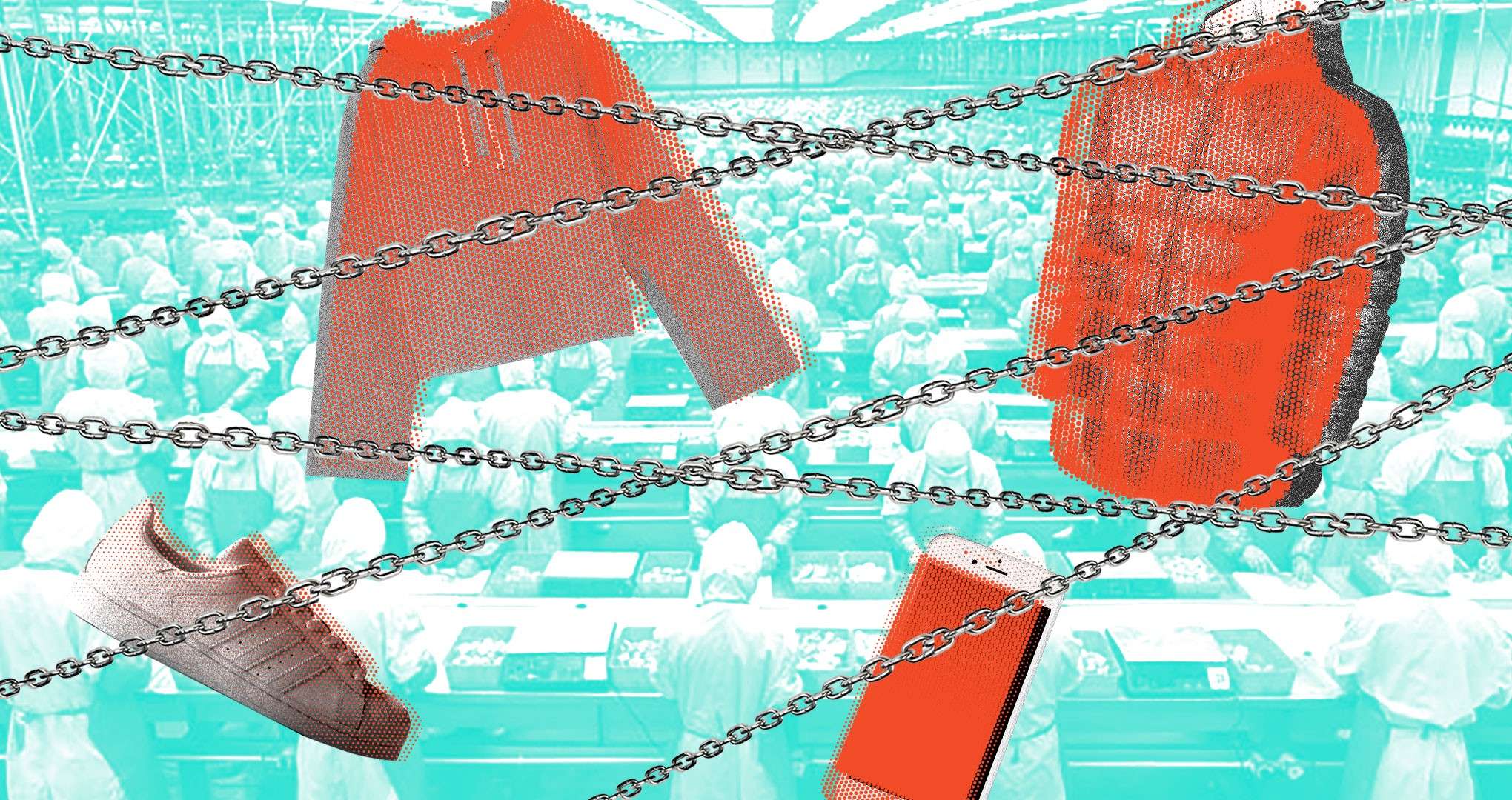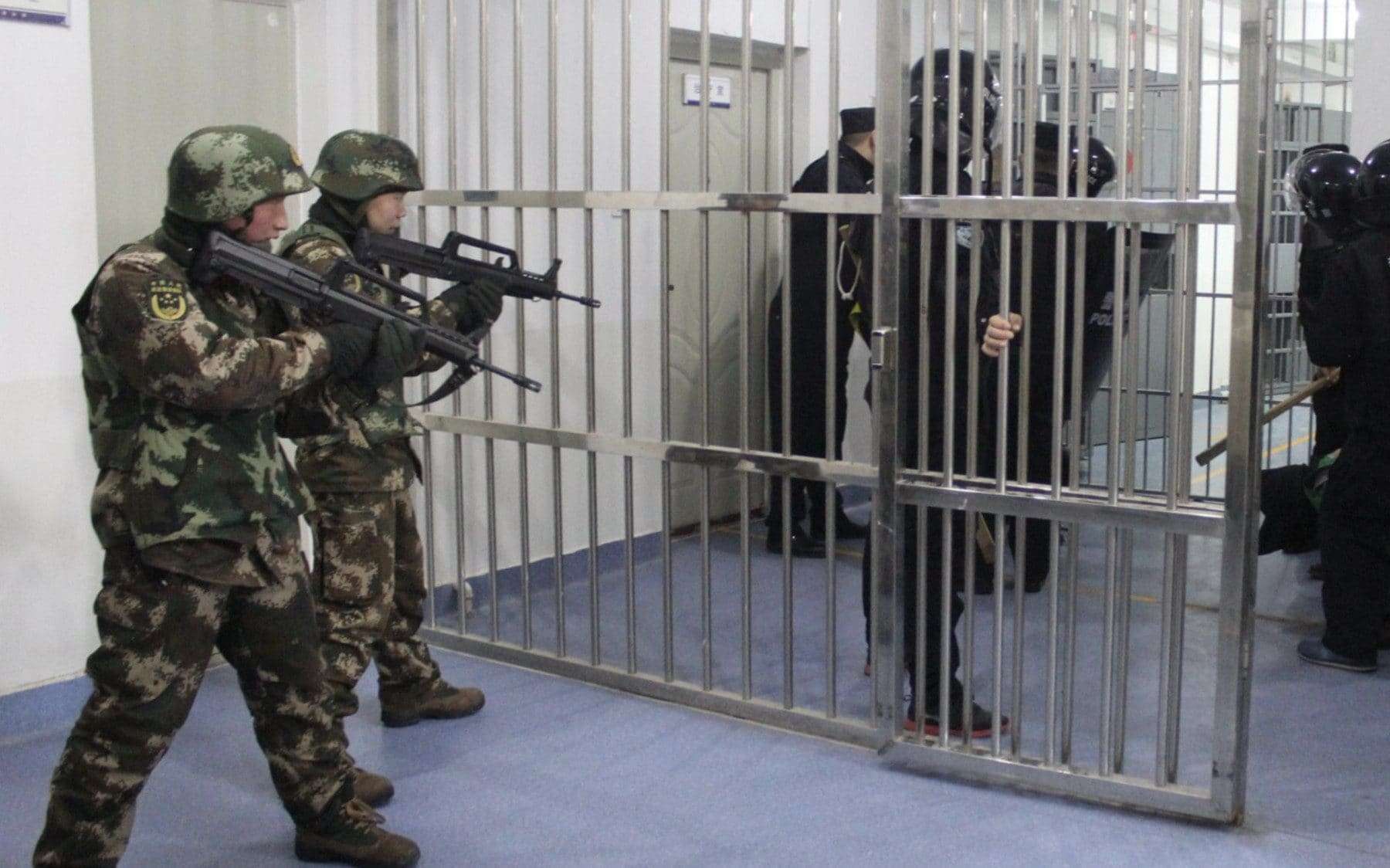The Save Uyghur Campaign would like to recognize BBC News for the release of The…
These Brands Are Still Linked to Uyghur Forced Labor. Help Stop Them Now.

In March 2020, the Australian Strategic Policy Institute (ASPI) published a report titled “Uyghurs For Sale”, which revealed a vast network of companies complicit in the use of Uyghur forced labor throughout China. The ASPI found that 27 factories across nine Chinese provinces used the labor of Uyghurs forcibly transferred from Chinese-occupied East Turkestan since 2017. 83 global companies and brands are directly or indirectly benefiting from the use of Uyghur forced laborers in these factories.
Since the release of the ASPI’s report, numerous companies and brands have released statements regarding their connections to Uyghur forced labor, with some taking direct action to end their complicity in supply chains corrupted by modern day slavery.
However, a vast majority of implicated brands and companies have not taken any steps to address their ties to Uyghur forced labor. They are grouped into different categories and listed below. Any dollar that goes to these brands is a dollar that goes into the factories profiting off of Uyghur forced labor. Do not buy products made with the tears of modern-day Uyghur slaves.
As of April 2021, the following global companies and brands are profiting from their use of modern day Uyghur slavery.
Fila
LL Bean
Hugo Boss
Lacoste
Li-Ning
The North Face
Skechers
Tommy Hilfiger
Victoria’s Secret
Zara
Zegna
Anta
Jansport
LL Bean
Hugo Boss
Lacoste
Li-Ning
The North Face
Skechers
Tommy Hilfiger
Victoria’s Secret
Zara
Zegna
Anta
Jansport
Clothing Brands
Versace
Jimmy Choo
Michael Kors
Chanel
Costco
Hanes
Hermes
Gucci
Balenciaga
Yves Saint Laurent
Bottega Veneta
Alexander McQueen
Kate Spade
Brioni
Levi’s
Louis Vuitton
Dior
Fendi
Givenchy
Celine
Timberland
Dickies
Vans
Theory
Sephora
Coach
Levi’s
Louis Vuitton
Dior
Fendi
Givenchy
Celine
Timberland
Dickies
Vans
Theory
Sephora
Coach
Almost all global clothing brands are implicated in the use of cotton sourced from Chinese-occupied East Turkestan (Xinjiang) as well. The Chinese government forcibly relocates Uyghur men and women away from their homes and existing jobs to cotton fields. Here, they are paid at most 15 cents a day to pick cotton, with most paid nothing at all.
This cotton is then exported around the world. Xinjiang cotton accounts for 85% of Chinese cotton production, and 20% of the world’s supply. As a result, there’s a high chance that clothes made by Xinjiang cotton are in your wardrobe. The brands listed above are those most clearly implicated linked to cotton picked by Uyghur forced laborers.
Automobile
BMW
General Motors
Jaguar
Land Rover
Volkswagen
Retailers
Muji
Kohl’s
Macy’s
Nordstrom
Target
Tesco
TJ Maxx
Marshalls
HomeGoods
Walmart
Sam’s Club
Flipkart
Bonobos
Walt Disney
Technology
Acer
ASUS
Dell
HP
Huawei
Lenovo
LG
Microsoft
Oppo
Samsung
Sony
Xiaomi
Cisco
Electrolux
Take action against global brands and companies complicit in forced labor by not buying their products. Share this article with your friends, and let them know which companies to avoid as well. Let the companies know you’re using your power as the consumer to advocate for human rights by tagging them in social media and pushing them to address their complicity in Uyghur forced labor.
To directly support Save Uyghur’s campaign to safeguard fundamental human rights, donate to our cause now.

